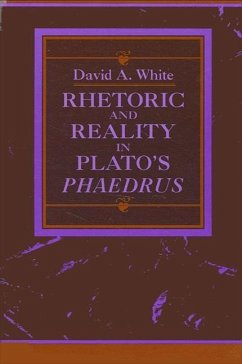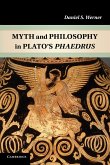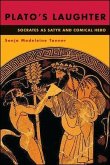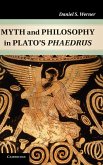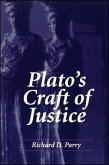The Phaedrus is well-known for the splendid mythical panorama Socrates develops in his second speech, and for its graphic descriptions of erotic behavior. This book shows how the details of the myth and the accounts of interaction between lovers are based on a carefully articulated metaphysical structure. It follows the dialogue as narrated, showing how passages that may not appear relevant to metaphysics have been deployed to heighten the vision of reality that Socrates develops in his second speech and concludes with an Epilogue in which the metaphysical principles adumbrated in the dialogue are ordered and briefly developed. This Epilogue helps illustrate the continuity between the Phaedrus and subsequent dialogues, such as the Parmenides, Sophist, Statesman, and Philebus, in which methodological and metaphysical concerns are dominant for Plato. As a result, new connections emerge between the metaphysical domain in Plato's thought and the more visible and vibrant areas of the psychology of eros and practical rhetoric.

